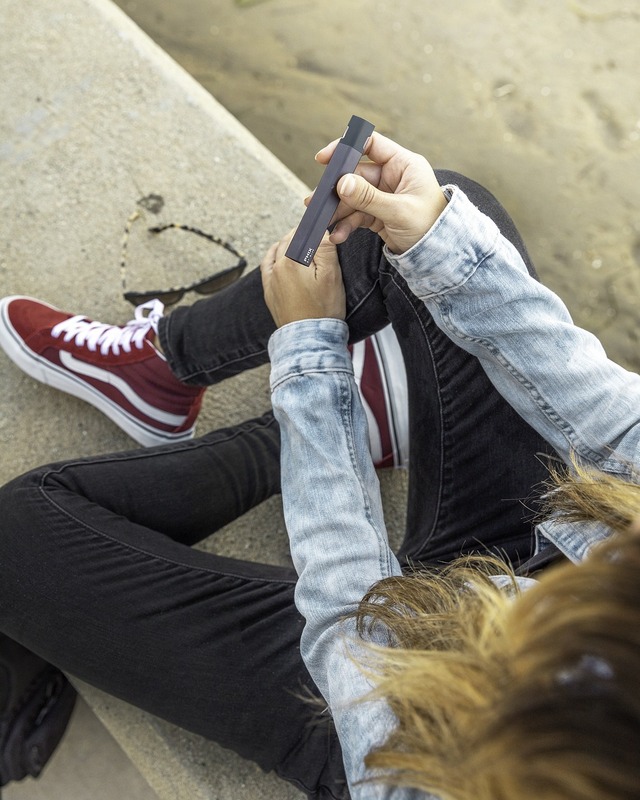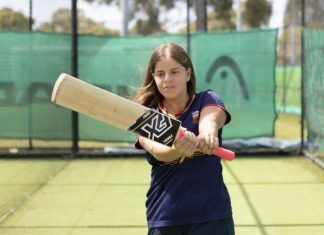Melton council will commit to helping young people get healthier by delivering anti-vaping education programs in the area.
It is among more than 40 organisations to join VicHealth in the $2 million Vape-Free Victoria initiative, which aims to decrease youth participation in vaping.
VicHealth executive manager of health promotion systems Michelle Murray said the project will encourage conversations around the health risks associated with vape products that weren’t common knowledge.
“We know that too many young Victorians started vaping because they weren’t aware of the harms – they had no warning,” she said.
“This initiative is about giving young people the tools to warn each other about vaping through real, authentic stories. ”
The campaign will be delivered through a variety of organisations and groups to maximise its reach, said Ms Murray.
“We’re working with sports clubs, universities and local councils to roll out youth-led solutions – because we know the best way to reach young people is through other young people.”
Melton council will work directly with three community health organisations to develop workshops and culturally accessible social media campaigns to reduce or prevent the start of vaping among people aged anywhere between 10 and 25 years.
The Alcohol and Drug Foundation will play a major role in the program – in particular, they will teach coaches at sporting clubs about preventing and quitting vaping.
Chief executive Dr Erin Lalor said evidence from their long running Good Sports program – the largest community health sports program in the country – shaped the approach to get young people to quit.
“We’re using 25 years of learnings … to deliver tailored vaping education to local community sport leaders,” she said.
“The new program provides information sessions and resources covering the facts about vaping and why it’s harmful, as well as practical tips for supporting young people to cut back and give up.”
Ms Lalor said curtailing the use of vapes among young Australians came down to both a stronger and more positive presence and influence from the community.
“It’s important that they hear from trusted adults in their lives, such as role models in sport, about the risks and impacts.”







